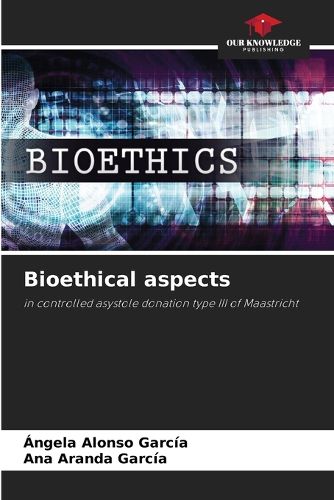Readings Newsletter
Become a Readings Member to make your shopping experience even easier.
Sign in or sign up for free!
You’re not far away from qualifying for FREE standard shipping within Australia
You’ve qualified for FREE standard shipping within Australia
The cart is loading…






Since its inception, organ transplantation has been limited to the availability of donors and the possibility of extracting them in the best conditions, both to guarantee maximum functionality of the organ and to ensure maximum chances of success in reimplantation. While initially brain-dead patients were considered - almost exclusively - as optimal donors, the promotion of organ donation in subjects who died due to circulatory and respiratory criteria (asystole donation) has begun. Within this type of donation is the Controlled Asystole Donation (CAD or Maastricht Type III), which has provoked important bioethical debates since its beginnings, without having been adequately transmitted to patients and public opinion in general. This work analyzes the procedures of controlled asystole donation and the bioethical conflicts they generate, as well as the current prevailing positions on the subject, finally proposing a series of measures to be adopted so that this type of donation can be performed with the maximum guarantees for patients.
$9.00 standard shipping within Australia
FREE standard shipping within Australia for orders over $100.00
Express & International shipping calculated at checkout
Since its inception, organ transplantation has been limited to the availability of donors and the possibility of extracting them in the best conditions, both to guarantee maximum functionality of the organ and to ensure maximum chances of success in reimplantation. While initially brain-dead patients were considered - almost exclusively - as optimal donors, the promotion of organ donation in subjects who died due to circulatory and respiratory criteria (asystole donation) has begun. Within this type of donation is the Controlled Asystole Donation (CAD or Maastricht Type III), which has provoked important bioethical debates since its beginnings, without having been adequately transmitted to patients and public opinion in general. This work analyzes the procedures of controlled asystole donation and the bioethical conflicts they generate, as well as the current prevailing positions on the subject, finally proposing a series of measures to be adopted so that this type of donation can be performed with the maximum guarantees for patients.